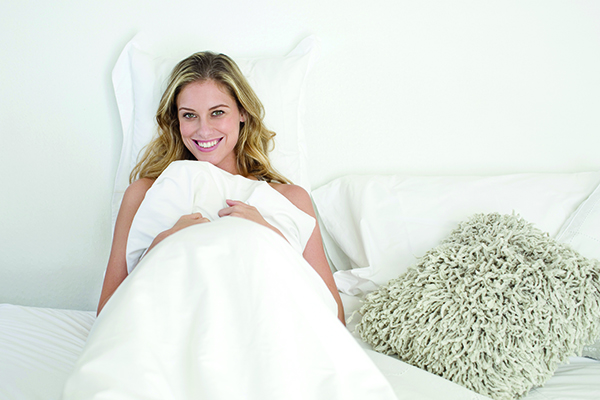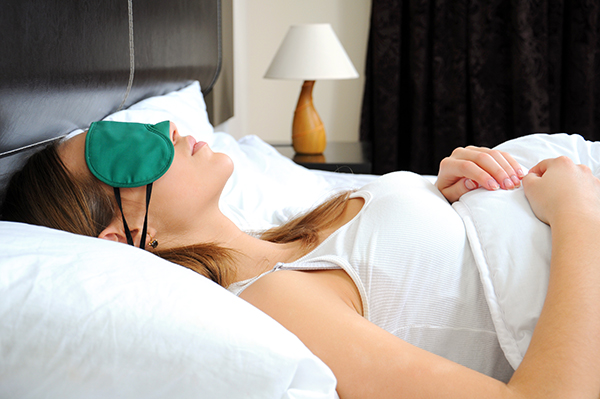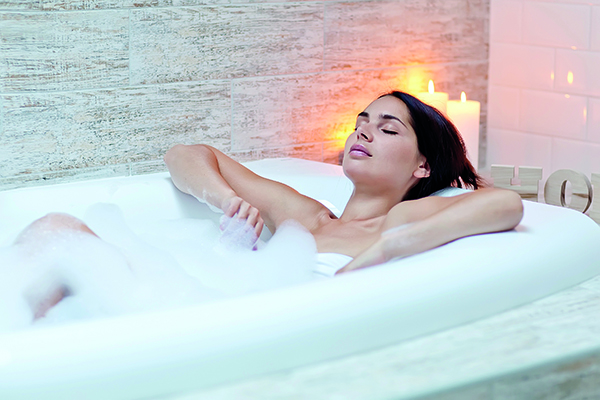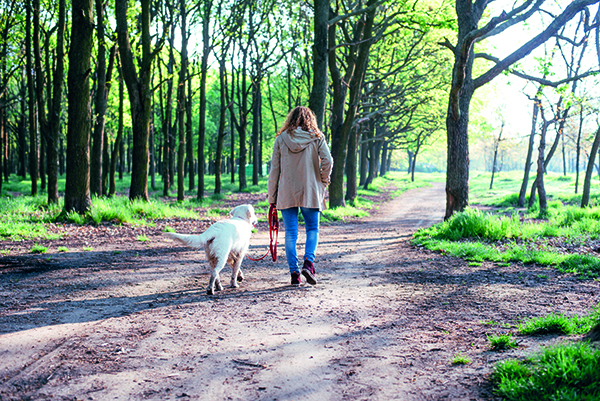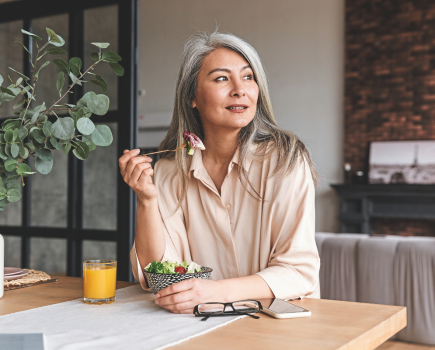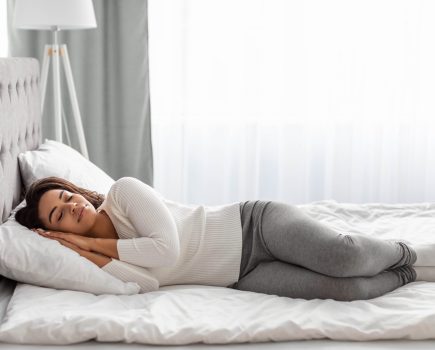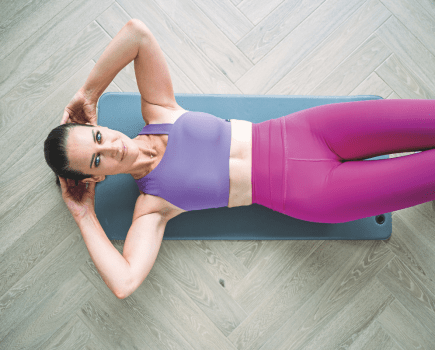The fact that we spend a third of our lives asleep is an indication of how critical slumber is for both mental and physical wellbeing. Dr Rangan Chatterjee dedicates a whole chapter in his new book, The 4 Pillar Plan to sleep and how to improve it, read on for his tips for a better night’s kip…
A dark bedroom will help sleep quality
Darkness triggers the production of melatonin, the hormone responsible for helping you sleep. But smartphones, computers and TVs emit blue light, which mimics the morning sun, so looking at your phone at night tells your brain to stay awake. Even
a glance can have an effect on melatonin secretion.
Tips for the perfect dark bedroom
- Fit correctly sized, extra-thick curtains or, even better, blackout blinds.
- Buy a red nightlight – this helped my children get an extra hour’s sleep when we changed over from a white one.
- Leave phones charging in another room.
- Use an old-fashioned alarm clock instead of your phone.
- Install an app (f.lux or Twilight) to lower the blue light or use night-time mode if you must look at your phone.
Have a bedtime routine
Winding down and having a set bedtime will help you nod off more easily and wake up refreshed. A 2017 study looked at the sleep patterns of university students, and found irregular sleep schedules were associated with significant changes in circadian rhythms and poorer academic performance, concluding that irregular sleep had an impact akin to jetlag.
Bedtime routine for good sleep
- Turn off phones and laptops at least 90 minutes before bed, and switch off the TV 30 minutes before you want to sleep.
- Take a warming bath with magnesium flakes – these promote muscle relaxation.
- Listen to some relaxing music.
- Retire at the same time each evening.
Getting morning light helps you sleep
Exposure to morning sunlight is critical for quality sleep. Even on the dullest day you’re still exposed to more light outside than you would be indoors. The photoreceptors in your eyes are most sensitive to short-wavelength blue-green light, which you get outside in the morning. Avoid sunglasses so that you get as much natural light as possible.
Top sleep tips to try
- Have your morning tea outside in the garden
- Consider getting a dog and taking it for a regular walk.
- If you must drive, leave the car a 10-minute stroll away from your destination.
- Go for a short walk mid-morning.
- Everything you need to know about Dr Chatterjee
- Dr Chatterjee’s tips for a productive morning routine

